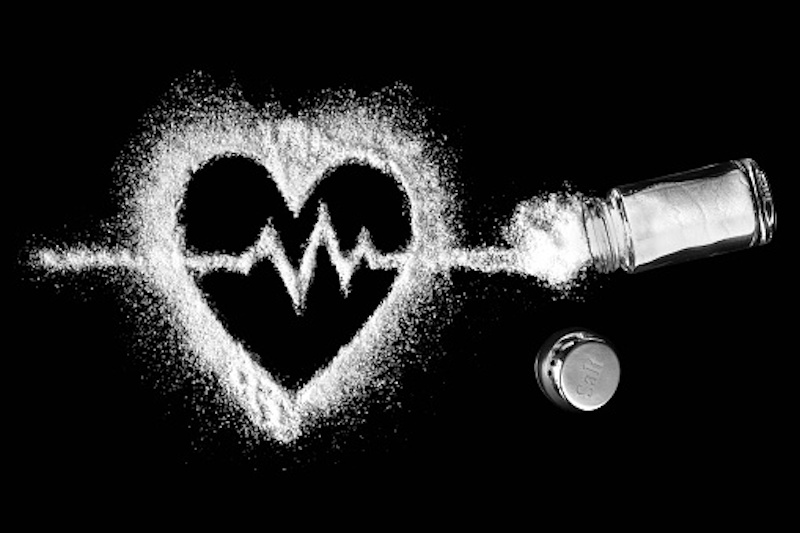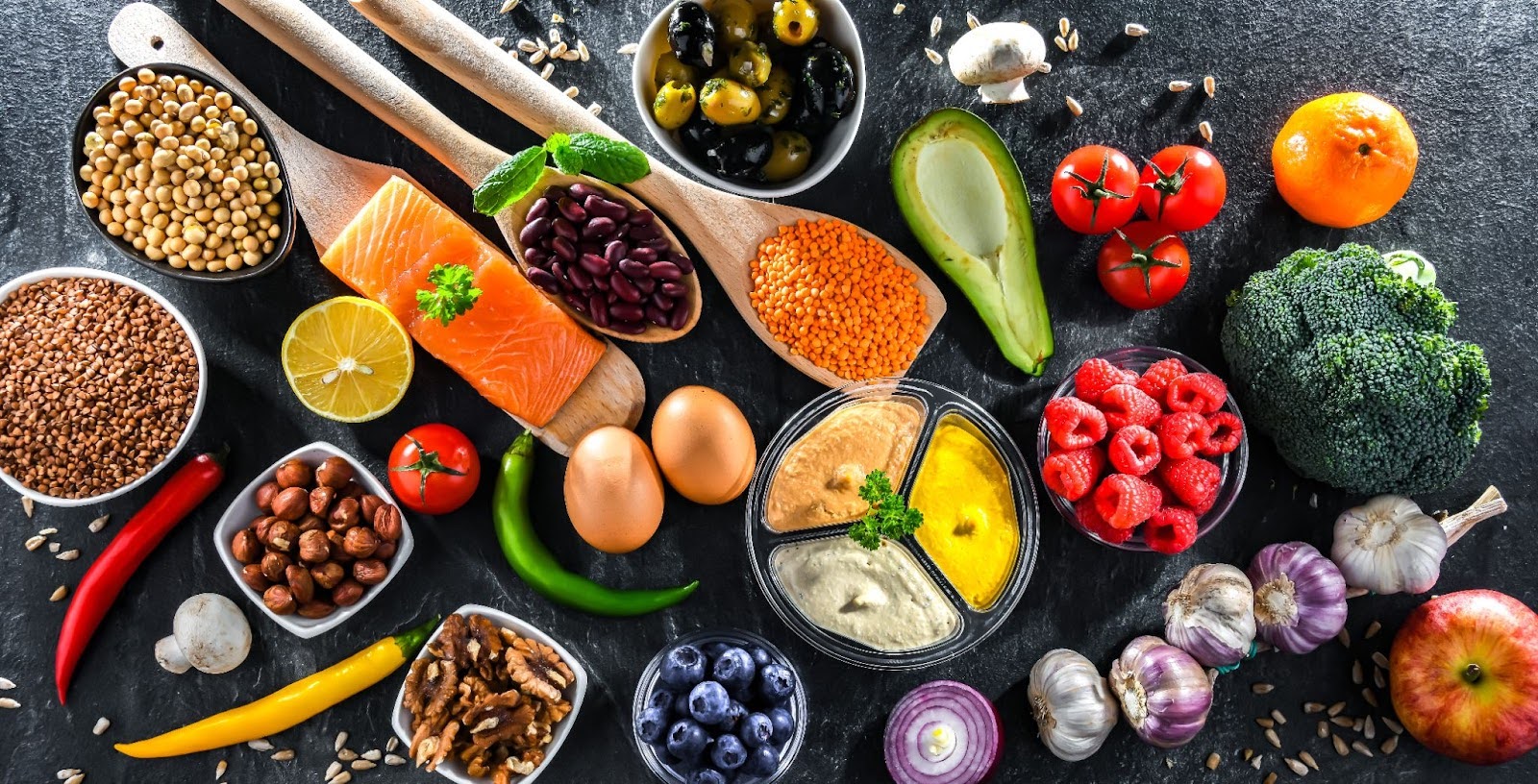I spoke with a patient recently who said “I literally can’t stop eating fast food.” When I asked what were the specific draws, she proclaimed: the convenience, the taste, the comfort, and the price.
Well, this makes sense! Those are 4 big deals. I of course go into ingredient/food quality and the lack of those essential micronutrients along with some pro-inflammatory ones that our body doesn’t love. You must know there are health risks to eating fast food, yes? In fact, there are so many negatives of long-term fast food eating, it’s downright dangerous.
But there are so many other factors that are underlying that keep this habit very strong that some of you may not be aware of. Did you know the main purpose from the owner’s perspective and drivers of fast food chains is to be capitalistic??! The other downsides are that it’s anti-environment, anti-health, and anti-soul!! Yes, I dare say that because it’s not meant to make you well and feel good about yourself and the choices you are making in honor of yourself.
It’s that deep.
What you choose to eat daily is how you value yourself.
Dirty Target Marketing:
There is a seedy underbelly of fast food chains. They strategically place fast food chains more densely in low-income areas. They are targeting people who can’t afford pricier food, have less time since they are generally working more hours, and have fewer resources and education about how detrimental this lifestyle choice is. They know that this food has addictive properties, is highly palatable, cheap, and super convenient. They put people in the fast food industry machine and some never get out until they are so disease-ridden they can’t even stomach the food anymore.
That is dirty to me. How about you?
The Food Keeps You Wanting More and More and More
This is what is known in my world as highly palatable foods, and are (usually, but not always, processed) foods that contain high amounts of sugar or fat and are often combined with salt and lots of artificial flavorings.
The theory that many of us make our eating decisions based on reward-related decision-making is a nice way of explaining why you might overeat. From an early age, whenever you had a choice between foods, your brain weighed up the reward that it thought it might get from it. Initially, this would have simply been about which foods would best relieve you from the feeling of hunger, but over time you learned that these “high-value” foods make you feel better not just when you’re hungry, but also when you are seeking relief from other aversive states. Because of reward-based learning, your brain learns that when you eat certain foods, you get relief from whatever discomfort you’re feeling (anything from sadness and fatigue right through to boredom or lack of stimulation). This can set up an eating habit rather than a conscious decision-making process, which are in fact completely different processes within the brain. Ultimately it means that many of your decisions to eat are based on habit or alleviation of discomfort rather than satiating your hunger.
Continuing to eat highly palatable foods frequently and long term is also thought to induce adaptations similar to those that happen in drug addictions. And inflammation station! There are still questions around whether compulsive food eating is chemically similar to drug addiction. However, there are some similar characteristics between the two. One of those is the potential for adaptation to occur with chronic consumption of highly palatable foods. Just as drug addictions can result in the desire for more and more of the drug over time, it is thought that the same effect may happen with highly palatable foods.
Addressing the specific physiological processes that come into play when you eat highly palatable foods is an incredibly powerful tool to avoid chronic overeating.
Fast Food Effects (Short and Long Term) – It’s Not Pretty:

Short-Term Effects:
Spike in blood sugar
Fast food breaks down quickly, causing a rapid spike in blood sugar because of the refined carbohydrates and added sugar. In turn, this causes an abnormally large insulin surge, resulting in a drop in blood sugar. This can cause people to feel tired. Insulin promotes further hunger within a short time after the meal.
Blood pressure
A 2016 study found that consuming high levels of salt could immediately impact the proper functioning of a person’s blood vessels. Excess sodium intake also has links to fluid retention.
Increased inflammation
A single serving of fast food could increase inflammation throughout the body. Research has found that one fast food meal high in saturated fat increased airway inflammation in individuals with asthma. This inflammation acts as a trigger for asthma attacks.
Affects nutrient intake
Fast food does not typically contain fresh fruit and vegetables. If an individual eats fast food frequently, they may find it challenging to reach their recommended daily intake of at least 5 servings of fruit and vegetables. They may also have difficulties reaching their ideal fiber intake, which is at least 28 grams of fiber per day (I recommend 35 grams/day).
Binge eating
Fast food is highly palatable (as mentioned several times), meaning the body breaks it down quickly in the mouth, and it does not need much chewing. Therefore, it activates the reward centers in the brain rapidly.
This combination trains the palate to prefer these highly processed, highly stimulating foods and reduces someone’s desire for whole, fresh foods.
Research has suggested a link between fast food consumption and the incidence of food addiction for these low-nutrient items.
Research has shown that a single day of high-fat overeating damages insulin sensitivity for that day. This can then trigger a cycle of binge eating or binge eating disorders.

Long-Term Effects:
Plenty of well-researched evidence shows that regularly eating fast food can harm a person’s health. If the above didn’t do it for you, read on.
Digestive system
Many fast food meals are extremely low in fiber. Doctors associate low-fiber diets with a higher risk of digestive conditions such as constipation and diverticular disease, as well as reductions in healthy gut bacteria.
Immunity and inflammation
A 2019 review examined the effects of a fast food diet on a person’s immune system. This diet consists of high amounts of sugar, salt, and saturated fat from only a few sources.
The authors noted that a fast food diet could lead to higher inflammation, lower control of infection, higher cancer rates, and a higher risk of allergic and autoinflammatory disease.
Memory and learning
A 2020 paper suggests a link between unbalanced diets high in saturated fat and simple carbohydrates (typical of fast food) and a lower capacity for memory and learning. This sort of diet may also raise the risk of Alzheimer’s disease and Parkinson’s disease. Scary stuff.
Allergies
There’s a link between fast food consumption and an increase in asthma, rhinoconjunctivitis, and eczema.
Heart disease
A diet high in salt often increases a person’s blood pressure, making a person more prone to heart attacks, stroke, kidney disease, or heart disease.
A diet high in trans fats raises the amount of low-density lipoprotein (or “bad” cholesterol) and lowers the amount of high-density lipoprotein (or “good” cholesterol). This means that a person is more likely to develop heart disease.
Obesity
Fast food makes it so much easier to not feel your food in your body (satiety) and want more and more and it already has an insane amount of calories. This is an obesity recipe.
Education
Another consequence of younger people regularly eating fast food is their unintentional lack of understanding of basic meal preparation, cooking, and healthy eating.
Over time, this perpetuates dependence on fast food, and people may not learn how to prepare healthy, balanced food in the home. Consuming healthy meals can support a person’s long-term health throughout their lifespan.
Mental health impact
Eating lots of fast food could also impact an individual’s mental health and make them more prone to depression and anxiety.
A 2021 study compared data from 322 males and 322 females aged 30 or older. They found an association between healthy food such as leafy greens, nuts, and fish and a positive mood, while the opposite was true of fast food. In addition, women reported significantly more negative associations with fast food than men.
Some Strategies:
- Understanding the times/places/scenarios when you feel most vulnerable to order fast food. Be fed! Have 3 meals a day so you don’t drive by fast food chains hungry, and have a plan in place for when you’re in those situations (with a mental health professional
 and/or Registered Dietitian for professional support). If after dinner snacking is your most difficult time, make sure you’re consistently having high-fiber plentiful produce with nature’s vivid colors, and adequate protein and healthy fat for dinner (so you are full), and make sure you are hydrated with water and/or herbal teas.
and/or Registered Dietitian for professional support). If after dinner snacking is your most difficult time, make sure you’re consistently having high-fiber plentiful produce with nature’s vivid colors, and adequate protein and healthy fat for dinner (so you are full), and make sure you are hydrated with water and/or herbal teas. - Eat foods in their natural state as much as possible. Foods found in their natural state have lower levels of these highly palatable compounds. Rarely do you find fat, sugar, salt, and spice all put together in one natural food. No, no you do not.
- Decrease the combination of the especially potent combination of high sugar and high fat in a 50:50 ratio where possible. Foods like doughnuts, cheesecake, ice cream, and baked goods (both wholefood baked goods and commercially baked goods) that have relatively equal amounts of sugar and fat will all ping your reward center like crazy, reinforcing that habit loop over and over again.
- Reduce foods with MSG (monosodium glutamate) and other flavor enhancers so that your mouth-to-brain reward is not so high.
- Give yourself 21 days off of fast food as an experiment (but know you can have it again when it’s not such a massive pull). It’s not about how to not have fast food ever. It’s about how to not live off it and have it be a dependency. See how you feel off of this kind of food. That may be enough to change the habit for good. Tap into energy, sleep, motivation, mental health, immunity, cravings, and performance while exercising. Can you feel the improvements? Mood, sleep, immunity, bowel movements, joint pain, etc. Start to connect with what your body tells you.
On your health team!
You’re worth it,
Miriam Jirari MPH, RDN, CPT, Intuitive Eating Counselor
Studio SWEAT Dietitian

Resources:
- https://health.clevelandclinic.org/heres-how-fast-food-can-affect-your-body/
- https://www.thehealthy.com/aging/mind-memory/effects-of-fast-food/
- https://www.medicalnewstoday.com/articles/324847
- https://www.apa.org/monitor/2017/09/food-mental-health
- https://bmcwomenshealth.biomedcentral.com/articles/10.1186/s12905-022-01675-4
- https://washcollreview.com/2018/07/16/the-effects-of-capitalism-on-american-health/










Comments - 0